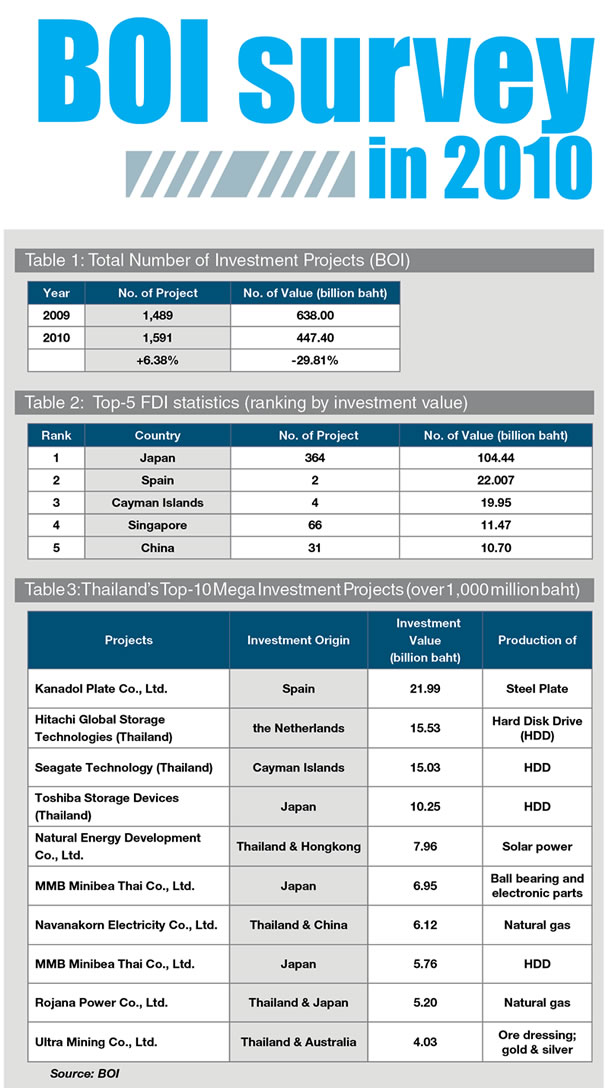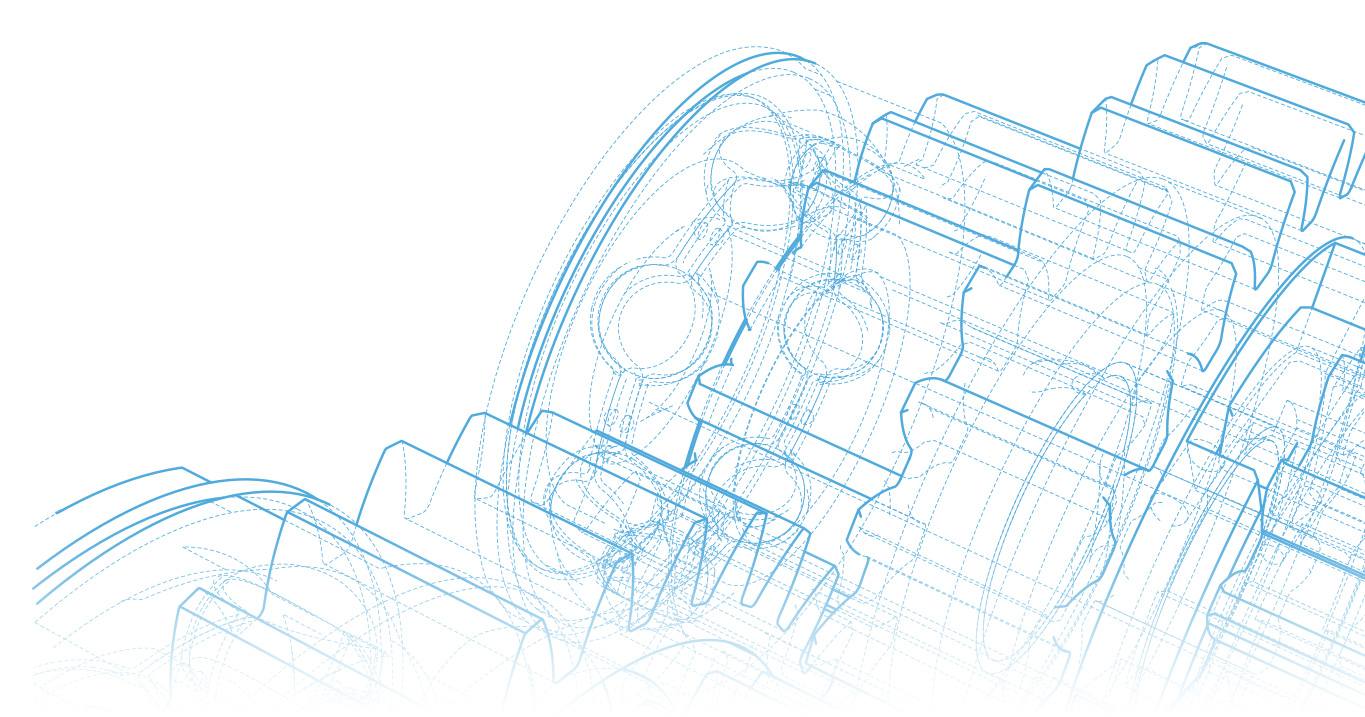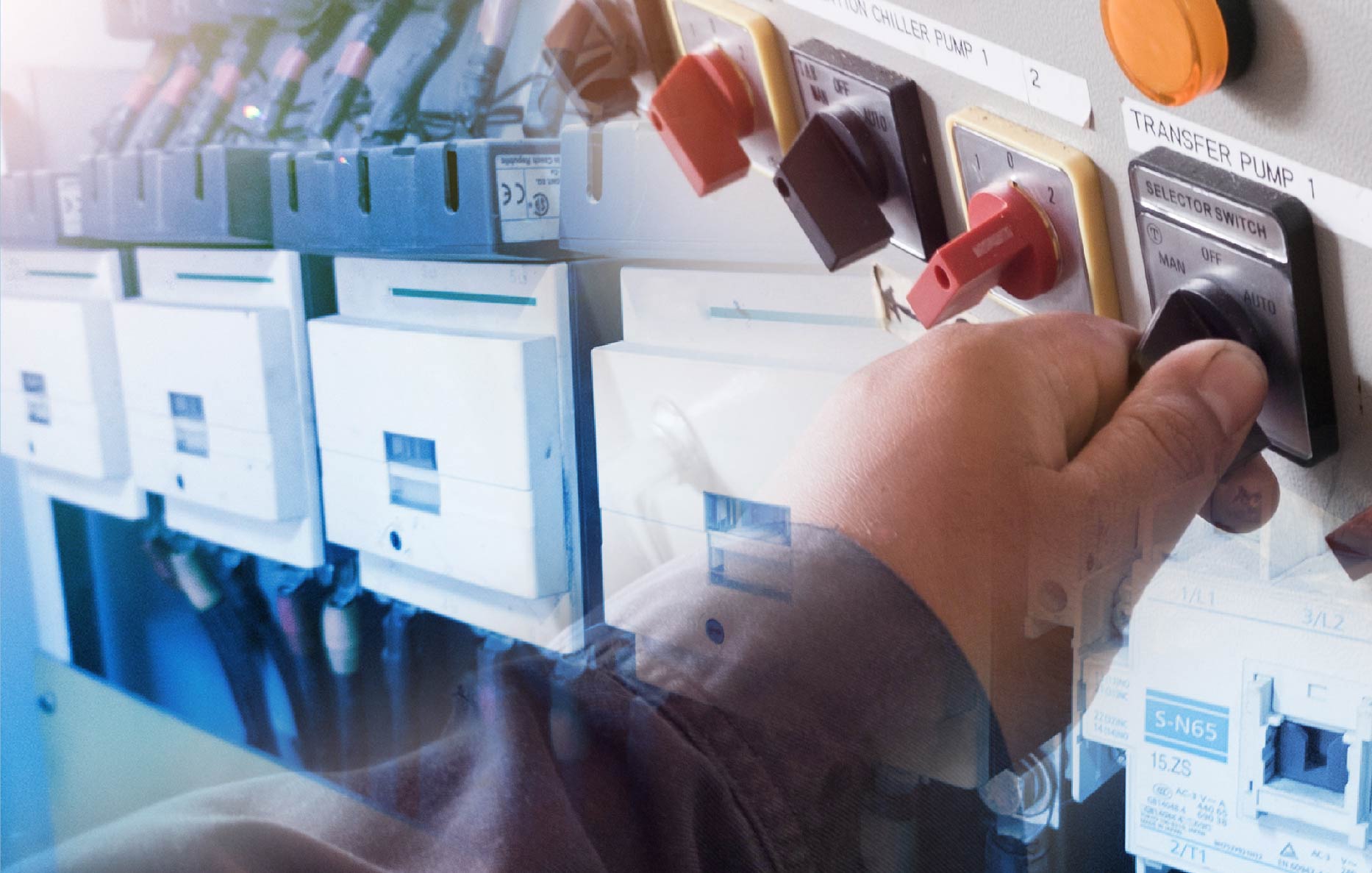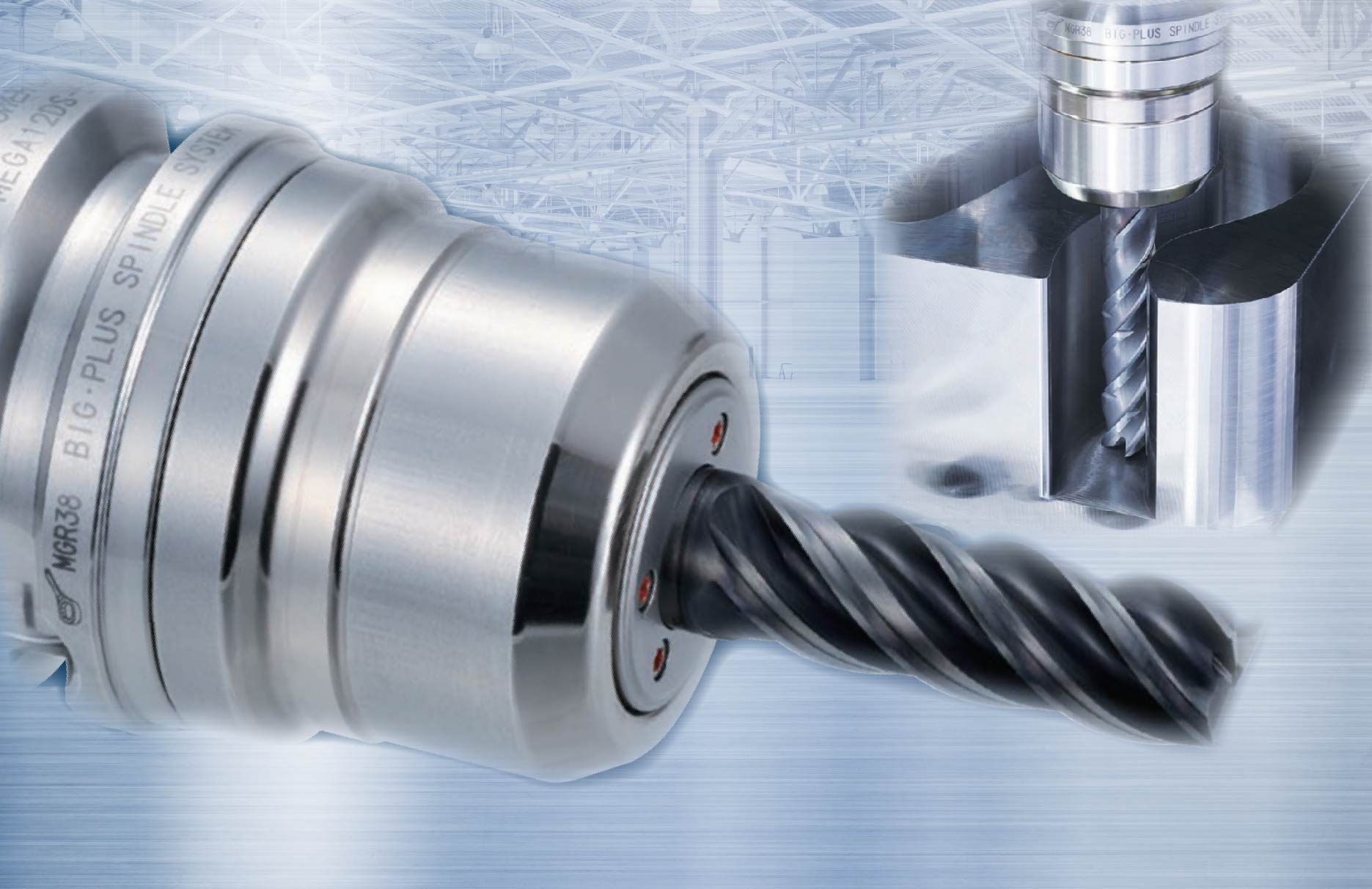The manufacturing sector has passed through the tough period. Since the second half of 2010, production levels in many countries started to rise to the levels seen just before the most recent economic downturn. As the production levels worldwide are getting back on track, it is time for Thailand to move ahead for better competition. Here is the manufacturing outlook and the regulatory issues that are reshaping the industries.
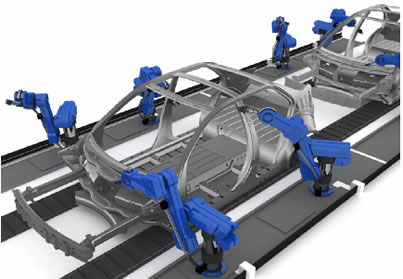
Local & Foreign Direct Manufacturing Investment :
There is a plenty of optimistic reports on Thailand’s growth forecasts for 2011. These reports said that the Thai economy could be increased by 3.0-4.5%. According to the data of Thailand’s BOI (Board of Investment),.automotive industry has been a vibrant sector. Many involving parties believe that the sector would be on its way to becoming a global top 10 automakers by 2014. As such, Thailand’s economy is relying quite much on it.
From the seminar on “Investment Directions with the Thai Economy’s New Dimensions in 2011” by the BOI, Mrs. Atchaka Brimble, BOI’s Secretary General, saidathat the investment atmosphere is quite positive in 2011, thanks to the improving domestic political situation, and more confidence by foreign investors in the automotive, petrochemical and steel industries. Other industries with a positive investment trend locally are electronics, electrical appliances, hard disk drive production, health and medical parts, for instance.
As for the Foreign Direct Investment (FDI) in Thailand, it had continued strong throughout 2010 despite the economic and political problems. Based on the Ministry of Industry’s report early this year, Thailand’s FDI in 2010 was constantly growing, with the total number of projects that applied for investment privileges 865 projects, total value of 235.03 billion baht. This represents 9.8% increase in the number of projects compared to 2009 which were 788 projects.
Noticeably, in term of total investment value, the number in 2010 dropped by 32.7% compared to 2009 . The main reason for the difference is that most projects in 2010 were of medium-sized project investments.
When it comes to the question – which country is the largest investor in terms of projects and investment value? The answer may not be a surprise- Japan. In 2010, 365 projects applied to BOI were Japanese firms with a total number of investment 104.42 billion baht. Compared to the previous year, the project number increased by 36.3%, while the value was up by 34.90%. Most investment projects from Japan went to the metallurgy, machinery, transport equipment, electronics and electrical appliance industries.
Although Thailand has confronted with several problems- political unrest and a labor shortage, foreign investor’s confidence in Thailand remained high. It’s believed that Japanese investment in Thailand will continue to expand in 2011 due to the yen appreciation. As for Automotive industry in particular, Thailand is well on the way to solidifying its status as the Detroit of Asia. This industry will tremendously add the number of growth of the country’s economy through local and foreign direct investments.

Thailand’s Regulatory Updates :
As Thailand’s manufacturing sector has been returning from the economic downturn,the government has issued a variety of stimulation plans to boost the economics, and one of these is corporate tax which is on the way to get reduction. It will benefit Thai entrepreneurs in general and stimulate local investment particularly. Meanwhile, BOI has urged the government to revise the reduction scheme of BOI tax-related privileges to retain and attract foreign investment. Comparing to Thailand, right now Singapore’s general corporate income tax rate is relatively lower. Moreover, Singapore is giving more privileges to foreign investment of high technology industrial projects.
Numerous government agencies are undergoing several new measures to support investors. Through the BOI, the government offers a range of tax incentives, supporting services and import duty concessions available to an extensive list of business. For the foreign investment, basically, based on BOI privileges, there are various significant exemptions such as no foreign equity restrictions in the manufacturing sector, no local content requirements, and no export requirements, as Thailand’s investment regime is in total compliance with WTO regulations.
According to the World Bank’s seminar recently in Bangkok, an interesting statement was made, “As for Thailand, besides the manufacturing sector, service sector is an area that should get promoted to open doors to more investment. This will promote sustainable economic growth of the country.” The service sector includes R&D and innovations which are falling behind compared to Singapore and Malaysia. Thailand should boost the service sector through reforming regulatory, developing the skills of Thai workers through improvement of the quality of education, raising production productivity, and promoting innovation-led growth.
That’s not too far to accomplish, the Thai government has focused on innovative technology by launching additional incentives measures under the Skill, Technology and Innovation (STI) scheme. Apart from the STI scheme, the Thai government also has supported the manufacturing sector to be more sustainable by setting up a set of additional privileges that aim to encourage the environmental improvement in the manufacturing sector in accordance with the new manufacturing concept which is a mainstream.
Green Manufacturing :Changing the face of manufacturing
Nowadays, green manufacturing is the global mainstream, inevitable for any manufacturing. Green manufacturing is becoming one of industry’s greatest strategies as of time being, not only from an engineering perspective, but from a business and marketing point of views as well.
The Thai government emphasizes on this important issue, based on the BOI’s new policies on investment promotions, special tax incentives under the Investment Policy for Sustainable Development campaign is offered. The policy includes activities that related to energy conservation and alternative energy; agricultural based fuels, energy-conserving machinery or equipment, fuel cells, electricity or steam power, wind energy for examples.
Another activities that the government has special support are technologies that support the alternative energy utilization or the reduction of environmental impacts. An important point is that this privilege is granted to both BOI and non-BOI promoted existing projects. The definitions under this measure include investment in upgrading the machinery to modern technology that reduces energy consumption or to reduce environmental impact such as reducing waste, polluted water or exhaust air, for instance. These environmental and energy conservation measures are opened to manufacturers until 31 December 2012.
It’s viable to believe that the investment situation in 2011 would remain in a good climate with the outlook of promising economy. According to the BOI survey in 2010, none of the investors plan to withdraw their bases from Thailand. There are many advantages that make Thailand still the choice of destination- attractive investment privileges for long term, well-developed infrastructures, skilled labors and available supporting industries.
